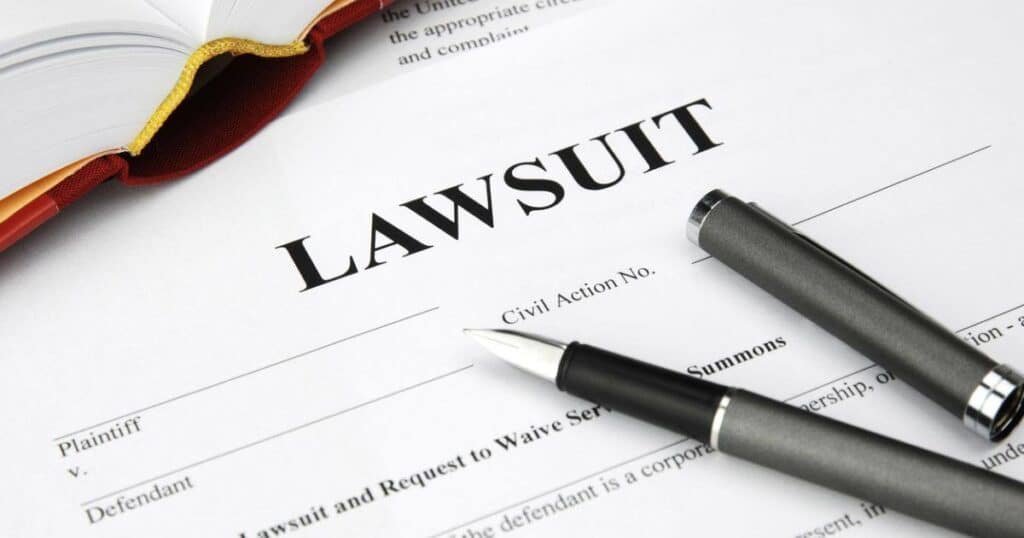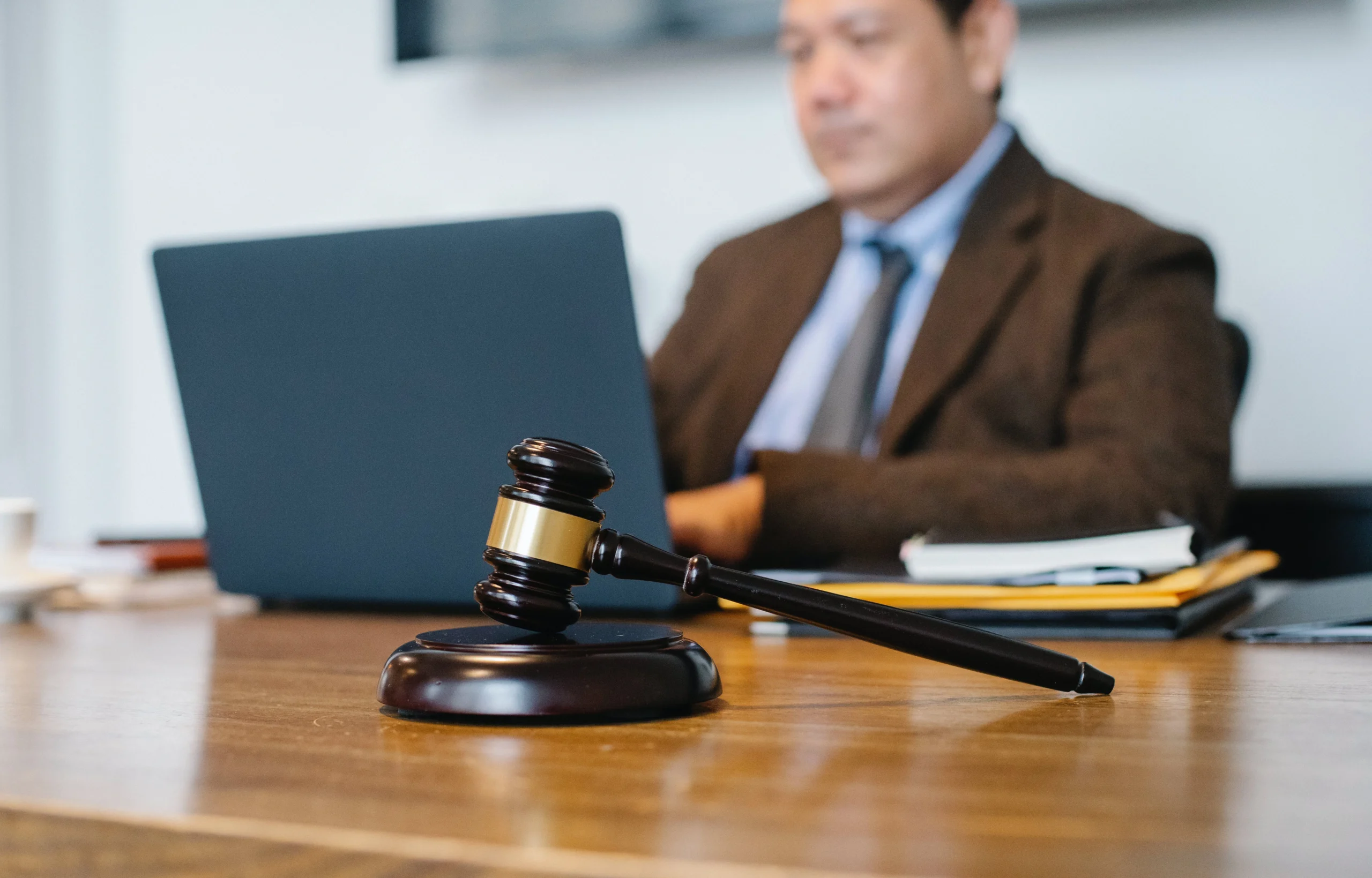c.w. park usc lawsuit

Introduction:
c.w. park usc lawsuit, In the intricate web of academia, where knowledge is disseminated and minds are shaped, controversies can often disrupt the sanctity of learning institutions. The C.W. Park USC lawsuit stands as a striking example of such disruption, capturing headlines and sparking debates within the academic community. This article delves into the multifaceted dimensions of the lawsuit, shedding light on its origins, implications, and the broader ramifications for both the University of Southern California (USC) and the academic realm.

Background of C.W. Park and USC:
C.W. Park, a renowned scholar in the field of marketing, held a distinguished position within the academic ranks. His contributions to research, teaching, and mentorship garnered acclaim, earning him recognition and respect within the academic community. Meanwhile, the University of Southern California (USC), a prestigious institution known for its academic excellence and research prowess, provided a fertile ground for scholars like C.W. Park to thrive and contribute to the advancement of knowledge.
Must Read=netwyman blogs
Genesis of the Lawsuit:
The seeds of the C.W. Park USC lawsuit were sown amidst allegations of academic misconduct and ethical breaches. The specifics of these allegations varied, encompassing issues such as research integrity, data manipulation, and violations of ethical guidelines governing scholarly pursuits. As whispers of impropriety grew louder, what began as murmurs of discontent eventually coalesced into formal complaints, setting the stage for a legal showdown that would reverberate through the hallowed halls of academia.
Key Players Involved:
- C.W. Park: The central figure in the lawsuit, C.W. Park found himself embroiled in a legal maelstrom, confronting allegations that threatened to tarnish his reputation and undermine his academic legacy.
- University of Southern California (USC): As the institutional backdrop against which the drama unfolded, USC assumed a pivotal role in navigating the complexities of the lawsuit and safeguarding its institutional integrity.
- Plaintiffs and Accusers: Individuals or entities aggrieved by C.W. Park’s alleged misconduct assumed the mantle of plaintiffs and accusers, seeking redressal for perceived wrongs and advocating for accountability.
- Legal Representatives: Legal professionals engaged by the involved parties played a crucial role in navigating the legal intricacies of the lawsuit, presenting arguments, and advocating for their clients’ interests.
The Legal Battle Unfolds:
The C.W. Park USC lawsuit unfurled as a saga of legal maneuverings, courtroom drama, and academic introspection. Spanning months or even years, the legal battle traversed various stages, each marked by its own set of challenges and revelations:

- Filing of Complaints: The lawsuit likely commenced with the filing of formal complaints, wherein the aggrieved parties articulated their grievances and initiated legal proceedings against C.W. Park and USC.
- Investigative Phase: Subsequent to the filing of complaints, investigations were likely conducted to probe the veracity of the allegations leveled against C.W. Park. These investigations sought to unearth evidence, interview witnesses, and ascertain the extent of any potential misconduct.
- Legal Defense and Counterarguments: C.W. Park and USC, represented by their legal counsel, mounted a defense against the allegations, presenting counterarguments and evidence to refute the accusations of academic misconduct and ethical lapses.
- Witness Testimonies: Witness testimonies played a pivotal role in corroborating or challenging the claims made by either party. Witnesses, ranging from fellow academics to research collaborators, provided insights that informed the judicial deliberations.
- Expert Opinions and Analysis: Expert opinions and analyses, often solicited from subject matter specialists and scholars in relevant fields, offered nuanced perspectives on the intricacies of academic research, data interpretation, and ethical standards.
- Public Scrutiny and Media Coverage: The lawsuit likely attracted significant public scrutiny and media coverage, with journalists and observers dissecting the nuances of the case and offering commentary on its implications for academia and research integrity.
Impact and Implications:
The repercussions of the C.W. Park USC lawsuit extended far beyond the confines of the courtroom, leaving an indelible imprint on the academic landscape and the stakeholders involved:
- Academic Integrity and Ethics: The lawsuit underscored the importance of upholding academic integrity and ethical standards in research and scholarly pursuits. It prompted soul-searching within the academic community, sparking conversations about the perils of academic misconduct and the imperative of research transparency.
- Institutional Governance and Oversight: USC, like many academic institutions grappling with similar challenges, faced scrutiny over its governance mechanisms and oversight frameworks. The lawsuit highlighted the need for robust mechanisms to ensure research integrity and ethical conduct among faculty members and researchers.
- Trust and Reputation: For C.W. Park and USC, the lawsuit exacted a toll on trust and reputation. Allegations of academic misconduct and ethical lapses tarnished the reputations of both the individual scholar and the institution, necessitating concerted efforts to rebuild trust and restore credibility.
- Legal Precedents and Precedent-Setting: The legal precedents established through the lawsuit could shape future disputes and disciplinary actions within academia, influencing how allegations of academic misconduct are investigated, adjudicated, and remediated.
Resolution and Aftermath:
After a protracted legal battle characterized by twists and turns, the C.W. Park USC lawsuit likely reached its denouement through a verdict or settlement agreement. The resolution of the lawsuit marked the culmination of a tumultuous chapter, allowing the parties involved to embark on a path of healing, reconciliation, and reform:
- Verdict or Settlement: The conclusion of the lawsuit likely entailed a judicial verdict or a negotiated settlement agreement, delineating the rights, obligations, and liabilities of the parties involved.
- Reforms and Remediation: In the aftermath of the lawsuit, USC may have implemented reforms and remediation measures aimed at strengthening research integrity, enhancing ethical oversight, and fostering a culture of academic excellence and accountability.
- Reflection and Learning: The lawsuit provided a sobering moment for introspection and learning within the academic community. Scholars, institutions, and policymakers reflected on the systemic vulnerabilities exposed by the case, drawing lessons to inform future practices and policies.’

FAQ
1. What was the C.W. Park USC lawsuit about?
- The C.W. Park USC lawsuit revolved around allegations of academic misconduct and ethical breaches against C.W. Park, a renowned scholar, and the University of Southern California (USC), where Park was affiliated.
2. Who were the primary parties involved in the C.W. Park USC lawsuit?
- The primary parties involved in the lawsuit were C.W. Park, the defendant, and the University of Southern California (USC), the institution where Park was employed.
3. What were the specific allegations against C.W. Park in the lawsuit?
- The allegations against C.W. Park included accusations of academic misconduct, research integrity violations, data manipulation, and breaches of ethical guidelines governing scholarly pursuits.
4. When did the C.W. Park USC lawsuit commence?
- The lawsuit likely began when formal complaints were filed against C.W. Park and USC, triggering legal proceedings to address the allegations of academic misconduct and ethical lapses.
5. How did the C.W. Park USC lawsuit impact the reputation of both Park and USC?
- The lawsuit had significant repercussions on the reputations of both C.W. Park and USC, tarnishing their standing within the academic community and potentially affecting their relationships with peers, students, and stakeholders.
6. Were there any attempts at resolving the C.W. Park USC lawsuit outside of court?
- Settlement negotiations or alternative dispute resolution methods may have been pursued to resolve the lawsuit outside of the courtroom, although the specifics of such attempts would depend on the circumstances of the case.
7. What were the key legal arguments presented in the C.W. Park USC lawsuit?
- Legal arguments likely revolved around the veracity of the allegations leveled against C.W. Park, the interpretation of academic and ethical standards, and the extent of liability attributed to USC as an institution.
8. How long did the C.W. Park USC lawsuit last?
- The duration of the lawsuit could vary, depending on factors such as legal complexities, investigative processes, and the judicial proceedings involved.
9. Did the C.W. Park USC lawsuit receive significant media coverage?
- Controversies within academia often attract media attention, and the C.W. Park USC lawsuit may have garnered significant coverage, with journalists and observers analyzing its implications for research integrity and academic governance.
10. Were any disciplinary actions taken against C.W. Park or USC during the lawsuit?
- Disciplinary actions, if warranted, may have been initiated against C.W. Park or USC as a result of the allegations raised in the lawsuit, although the specifics would depend on the findings of investigations and legal proceedings.
11. What were the potential consequences of a verdict against C.W. Park or USC in the lawsuit?
- A verdict against C.W. Park or USC could have entailed legal penalties, reputational harm, and institutional repercussions, impacting their academic standing and operations.
12. Did the C.W. Park USC lawsuit prompt any reforms within USC or the academic community?
- The lawsuit may have catalyzed reforms within USC or prompted broader discussions within the academic community about research integrity, ethical standards, and institutional governance.
13. Were there any appeals filed following the resolution of the C.W. Park USC lawsuit?
- Parties dissatisfied with the outcome of the lawsuit may have pursued appeals seeking reconsideration of certain legal aspects or judgments rendered.
14. How did the C.W. Park USC lawsuit affect the careers of C.W. Park and other involved individuals?
- The lawsuit’s ramifications could have affected the professional trajectories of C.W. Park and other individuals involved, potentially influencing employment opportunities, academic affiliations, and career prospects.
15. What were the long-term implications of the C.W. Park USC lawsuit for academia?
- The lawsuit’s long-term implications may have encompassed changes in academic practices, institutional policies, and public perceptions regarding research integrity and ethical conduct within academia.
16. Did the C.W. Park USC lawsuit lead to any changes in USC’s policies or procedures?
- USC may have implemented changes in its policies, procedures, and oversight mechanisms in response to the lawsuit, aiming to strengthen research integrity and foster a culture of accountability.
17. Were there any lessons learned from the C.W. Park USC lawsuit?
- The lawsuit likely prompted reflections and discussions within the academic community about the challenges of upholding research integrity, navigating ethical dilemmas, and ensuring institutional accountability.
18. How did the C.W. Park USC lawsuit impact public trust in academic institutions?
- Allegations of academic misconduct and ethical breaches can erode public trust in academic institutions, underscoring the importance of transparency, accountability, and ethical leadership in maintaining public confidence.
19. What steps were taken to address the fallout from the C.W. Park USC lawsuit within USC?
- USC may have engaged in efforts to address the fallout from the lawsuit, such as conducting internal reviews, implementing corrective measures, and communicating with stakeholders about institutional responses.
20. How did the resolution of the C.W. Park USC lawsuit shape discussions about academic integrity and ethics?
- The lawsuit’s resolution likely influenced discussions about academic integrity and ethics, serving as a case study for examining the complexities of maintaining ethical standards and upholding scholarly integrity within academia.
Conclusion:
The C.W. Park USC lawsuit stands as a cautionary tale, highlighting the complexities and challenges inherent in the pursuit of knowledge and the preservation of academic integrity. It serves as a sobering reminder of the importance of ethical conduct, research transparency, and institutional accountability in safeguarding the integrity of academia and upholding the public trust.
As the academic community grapples with the fallout of the lawsuit, it must seize the opportunity to effect meaningful reforms, foster a culture of transparency and accountability, and reaffirm its commitment to the pursuit of truth, knowledge, and scholarly excellence. In doing so, academia can emerge stronger and more resilient, ready to confront the challenges of tomorrow with integrity and resolve.
